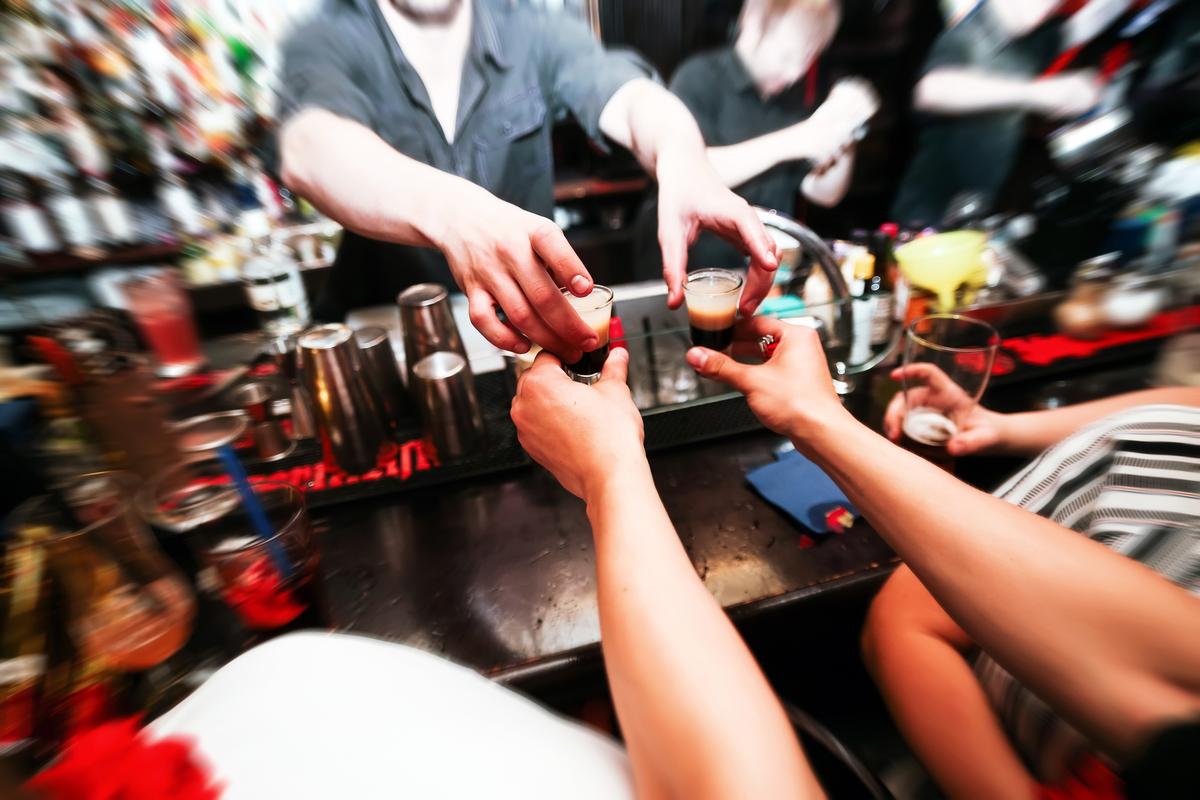In twelve years time the number of alcohol intoxications at the emergency services of UZ Leuven and Heilig Hart Leuven have gradually increased from 1,260 intoxications in 2008 to 1,911 intoxications in 2019, which is an increase of more than half in twelve years' time. It concerns people displaying confused or problematic behaviour as a result of alcohol abuse. As a rule, figures about patients with alcohol are saved. If doctors in the ER suspect alcohol is involved, they will check the amount of alcohol in the blood. These figures are collected to study long-term alcohol usage.
Chronic drinkers
A trial, that ran from 2008 to 2019 in the two Leuven hospitals, presented some remarkable results. In the figures, the age category of teenagers and students between 10 and 29 years, often linked to excessive alcohol use, represents a third of the total number of intoxications. Just as strongly represented are the people between 40 and 59 years. Especially fifty-year-olds have been the front-runners with the highest number of intoxications over the past ten years.
Prof. dr. Sandra Verelst, head of the emergency department at UZ Leuven: “Across all ages, the group of people in their fifties also have the highest alcohol values. Often it concerns chronic drinkers. For eighty per cent of all patients an alcohol intoxication is a one-time only incident. The remaining twenty per cent represents half of all alcohol intoxications. In the time span of our figures, the chronic drinkers sometimes returned twice, and in an extreme case even 46 times, to the emergency services. It is frustrating to see the same people returning.”
Avoidable strain
At the emergency services of UZ Leuven and Heilig Hart Leuven there is a daily average of five drunk patients that are brought in or escorted after their inebriety: a heavy strain on care staff which can really be avoided.
Professor Verelst: “We often see that drunk patients require increased supervision. Especially when they are sobering up, they can become very restless: they remove their IV fluid drip or try to leave prematurely. Emergency staff that has to supervise them cannot be used elsewhere. This creates an additional strain on the healthcare workers."
Importance of raising awareness
Whoever comes to the Leuven emergency services with alcohol poisoning, is observed closely and, once sober, made aware of the consequences of alcohol abuse both in the short and long term. This tactic proves successful for the majority of patients. Whoever so wishes, can get the support of the psychiatrist of the department.
Prof. dr. Sandra Verelst: “Once they have sobered up, drunk patients often deny the underlying problem and do not accept any further help. This leaves the healtcare worker with very few options. The increasing figures once more point out the importance of raising awareness. If you start drinking at a young age, you run the increased risk of becoming a problem drinker at a later age. We therefore feel it is of social importance to continue to point out the dangers of alcohol to children and youngsters.”
